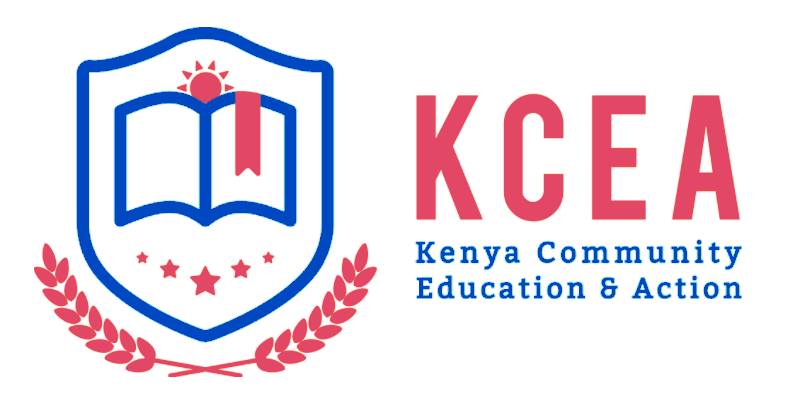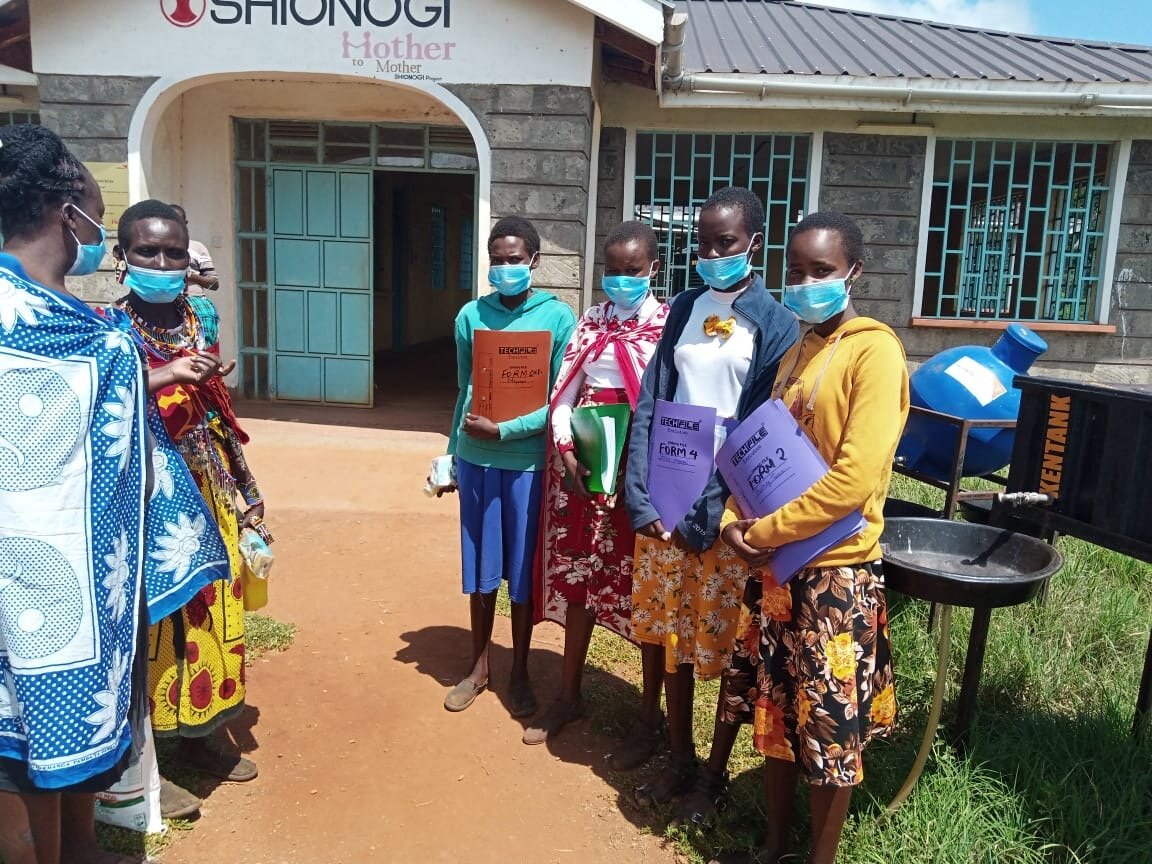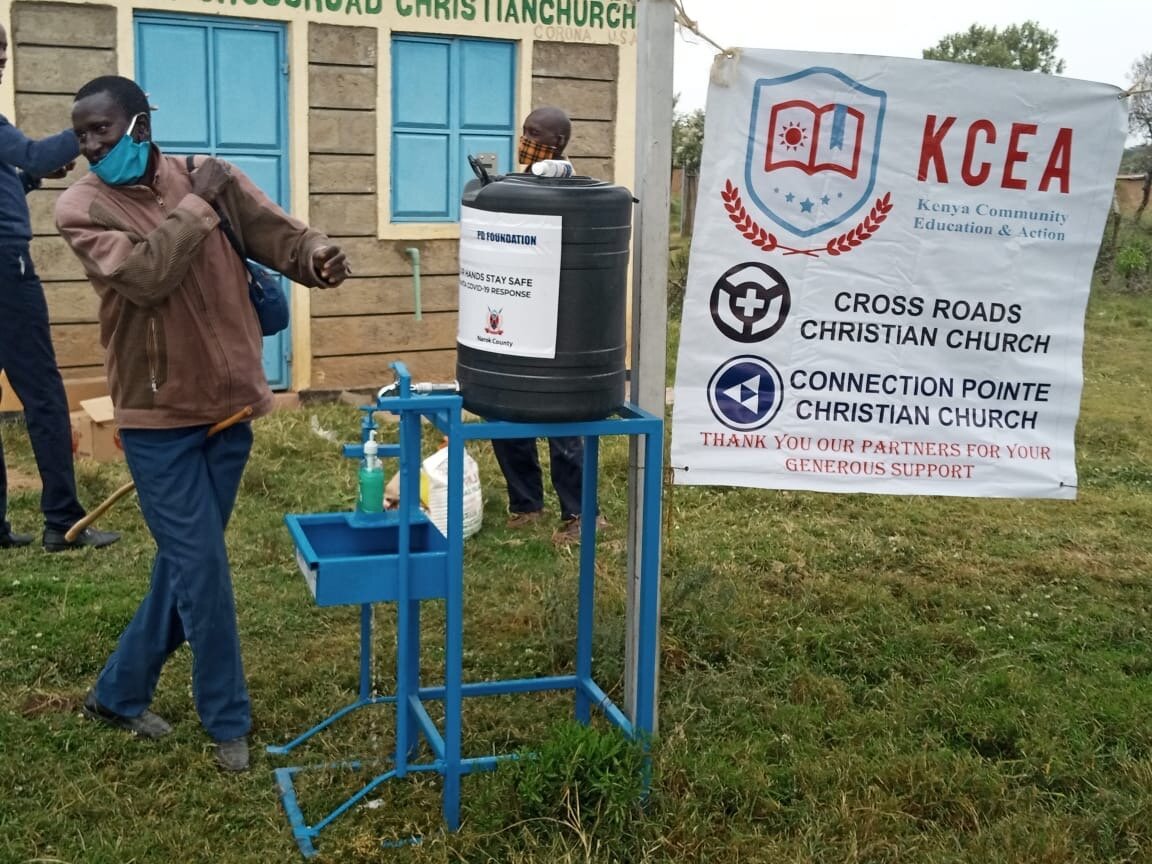COVID-19 Impacts Maasai Community
Our local partners are working tirelessly to reach KCEA students who are now back in their villages due to COVID-19. KCEA's Covid-19 Response Plan will provide essential food items, as well as a way for students to complete school assignments. Food staples such as maize, rice, legumes and cooking oil will be delivered to families in quantities that will feed a family of 5 for approximately three months. School assignments will be printed and delivered to each student at their home. We need the help of our sponsors and supporters to deliver on these critical needs for KCEA students and the Maasai community.
COVID-19 Impacts Maasai Community
Due to COVID-19, 2020 has been a tough year globally. However, for the Maasai it has increased the difficulties that many were already barely able to manage. Other hardships have affected the food supply in Kenya. Locust swarms in East Africa have eaten a significant amount of the grassland that the Maasai cattle, sheep and goats graze on. A virus has also afflicted sheep herds causing many to die. Food prices have been driven up as a result of limited supply. Having enough to eat is now a dire concern.
Social Distancing in Kenya
Similar to most countries, Kenya closed all schools and the students have been sent home to slow the spread of COVID-19. Kenya has introduced e-learning as so many other countries have done. Unfortunately, due to living in rural communities KCEA's students are unable to access any online learning. There is great concern that the students will fall behind in their studies. Even more concerning, is that many of the older students are now having to leave home to find some form of work to help bring in food for their families. They will not be able to complete their school assignments and are now at greater risk for an arranged marriage as families struggle to just survive.


